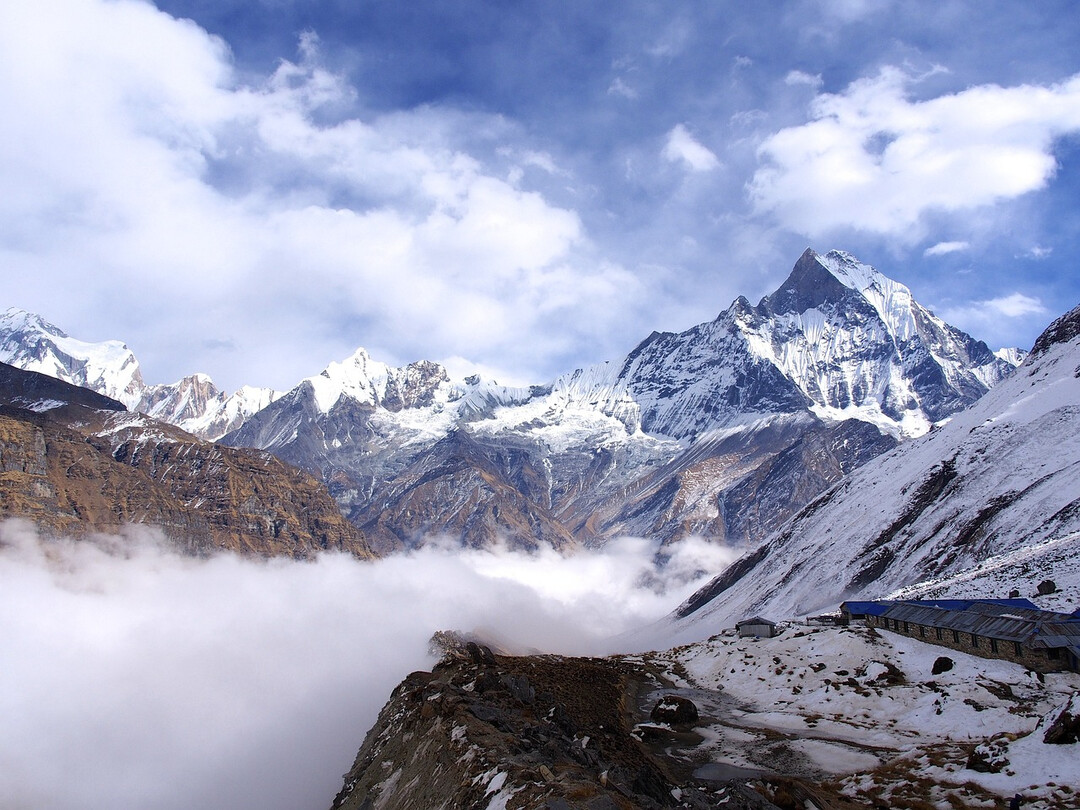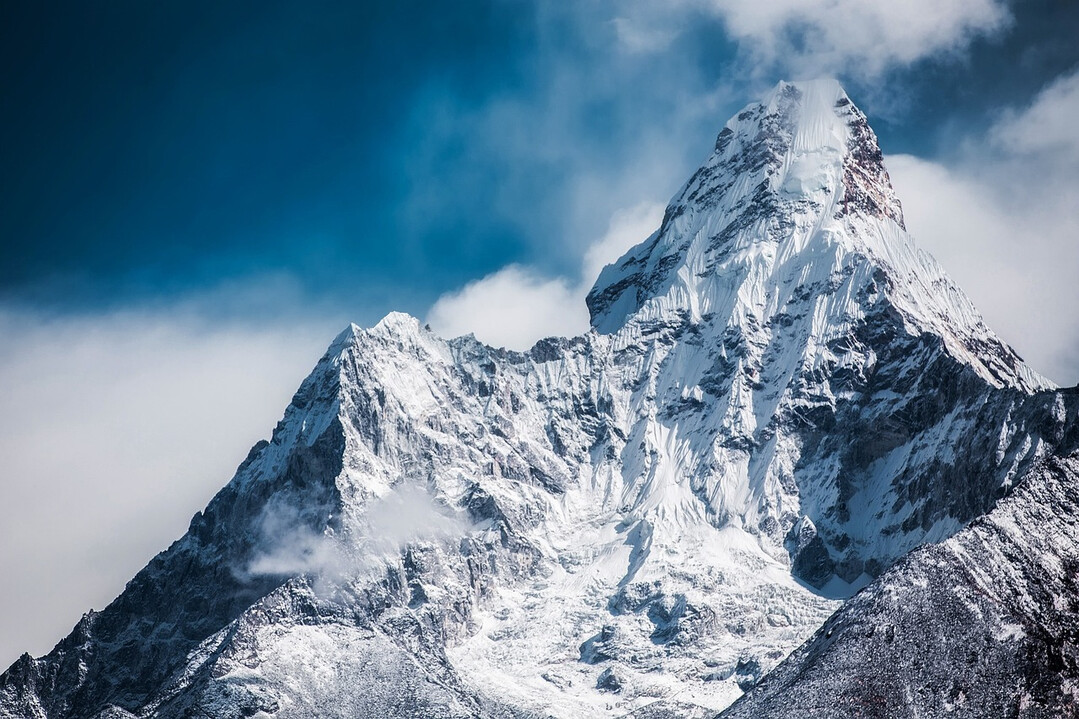
The aspiration to climb Mount Everest (8849m), the highest peak in the Himalayas, remains unwavering. However, along with the increase in climbers, concerns about safety accidents and environmental issues are also growing. In this context, the Nepalese government is pushing forward with legislation to significantly strengthen the criteria for Everest climbing permits, drawing considerable attention.
According to a report by the prominent Indian media outlet Times of India on the 1st (local time), the Nepalese government has submitted a new bill to the parliament for deliberation. The main point of the bill is to limit Everest climbing qualifications to climbers who have experience climbing peaks above 7000m. This is interpreted as a measure to ensure safety by requiring those wishing to climb Everest to have at least a basic level of acclimatization ability and climbing skills, and to reduce the risk of accidents caused by inexperienced climbers.
The key contents of the proposed bill are as follows: First, all foreign climbers applying for Everest climbing permits must submit official documents proving their successful ascent of a mountain above 7000m within Nepal. Second, local mountain guides accompanying Everest climbers must hold Nepalese citizenship. This aims to enhance climbing safety by utilizing the expertise of experienced Nepalese guides and simultaneously contribute to local job creation in Nepal.
This move by the Nepalese government stems from serious concerns about the overcrowding issues and the increase in safety accidents involving inexperienced climbers on Everest in recent years. In 2023 alone, the Nepalese government issued a staggering 478 Everest climbing permits, which led to extreme congestion in the ‘Death Zone,’ the harsh environment near the summit. The Death Zone, referring to areas above 8000m where oxygen concentration is low, is the most dangerous section that threatens climbers' lives. Congestion slows down climbing speed and leads to oxygen depletion and exhaustion, increasing the possibility of fatal accidents. In fact, at least 12 climbers lost their lives and 5 went missing on Everest in 2023.

Climbing experts have pointed out that the Nepalese government's indiscriminate issuance of climbing permits to ill-prepared climbers is one of the main causes of accidents. Lack of experience and inadequate preparation can endanger not only the climbers themselves but also experienced Sherpas and other climbers. Therefore, this strengthening of climbing permit criteria is considered an inevitable measure to fundamentally improve the safety of Everest climbing.
However, some opposition is emerging among international expedition operators regarding the Nepalese government's new bill. They argue that limiting the climbing qualification solely to experience climbing peaks above 7000m within Nepal is unreasonable, and that experience climbing peaks above 7000m in other countries or regions should also be recognized as equivalent qualifications. They reason that high-altitude environments around the world share similar risks, and successful high-altitude climbing experience in other regions is also an important indicator of the basic abilities and experience necessary for climbing Everest.
Indeed, 7000m-class peaks are distributed across various mountain ranges worldwide. While the mountains in each region differ in terrain and climate conditions, essential elements for high-altitude climbing, such as acclimatization ability, climbing skills, and equipment handling skills, are commonly required. Therefore, the arguments of international expedition operators gain traction in that limiting the Everest climbing opportunities for experienced climbers with diverse backgrounds could be restrictive.
On the other hand, the pushing forward of this bill holds significant meaning in terms of the sustainable management of Everest. Excessive numbers of climbers have caused various problems such as environmental pollution, waste issues, and damage to the natural environment. By strengthening the climbing permit criteria and appropriately controlling the number of climbers, it can contribute to protecting the natural environment of Everest and laying the groundwork for passing it on to future generations in its pristine state.

Furthermore, there are indications that the Nepalese government needs to seek multifaceted measures for climbing safety in addition to simply strengthening the climbing permit criteria. For example, establishing a system to thoroughly verify climbers' health conditions in advance, having experienced mountain rescue teams on standby at all times, advancing weather forecasting systems, and strengthening climber education and safety regulations are necessary. Additionally, to address the environmental pollution problems caused by the increase in climbers, improvements to the waste disposal system and the introduction of eco-friendly climbing promotion policies should also be considered.
Everest is more than just a mountain; it is a symbol of dreams and challenges for climbers worldwide. The Nepalese government's pushing forward of this strengthened climbing permit criteria is seen as an important first step towards creating a safe and sustainable climbing environment while maintaining this symbolism. However, it seems that continuous discussion and effort will be needed to address the various opinions raised along with the international fairness debate and to prepare more effective policies. The global climbing community and related industries are focused on what the final bill will contain and what changes the strengthened criteria will bring to the Everest climbing culture.
[Copyright (c) Global Economic Times. All Rights Reserved.]






























